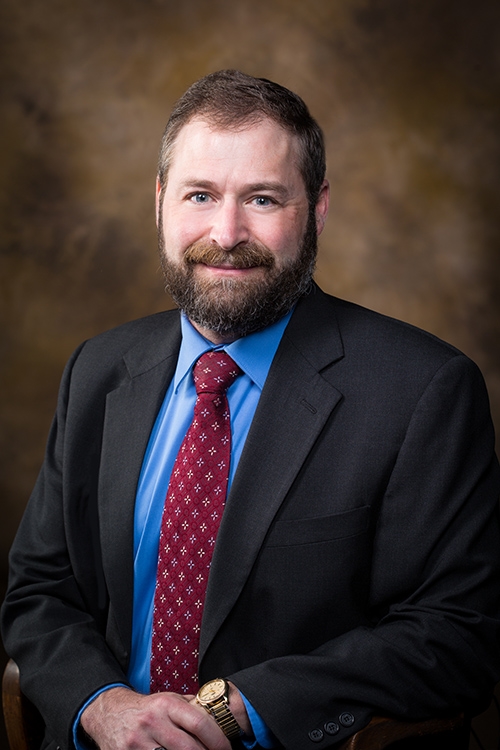U of A Researcher Examines Special Education Gap Using Louisiana Charter School Data
A new report written by University of Arkansas professor Patrick Wolf and published by the Institute of Education Sciences in the U.S. Department of Education describes the closing of the special education gap between charter schools and traditional schools in Louisiana.
Wolf's study found the gap in the enrollment rate of students with an individualized education program was 2.5 percentage points (8.5 percent in charter schools and 11.0 percent in traditional schools) in 2010-11, and it declined to 0.5 percentage points (10.2 percent and 10.7 percent) in 2013-14.
Wolf, who holds the Twenty-First Century Chair in School Choice and the rank of Distinguished Professor, directs the School Choice Demonstration Project in the Department of Education Reform. His team has been researching school choice programs in Louisiana for several years. He conducted the study described in the new report, "Special Education Enrollment and Classification in Louisiana Charter Schools and Traditional Schools," as part of the U.S. Department of Education's Southwest Regional Education Lab.
After Hurricane Katrina in 2005, the public school system in New Orleans, already one of the lowest performing in the United States, was reorganized and most schools became charter schools, the report said. Charters also expanded in Baton Rouge, Jefferson, and Ouachita education regions of the state. Public charter schools operate outside the traditional public school district system according to provisions of their organizational charter, giving them the flexibility to innovate in both their features and operation.
- For three of the four study years, the gap was largest in schools serving grades K-5; and, for all four study years, it was smallest in schools serving grades 9-12.
- By 2013-14, the special education enrollment rate in schools serving grades 9-12 was higher in charter schools than in traditional schools.
- The enrollment rate for students with an emotional disturbance was higher in charter schools than in traditional schools, but the enrollment rate for students with most other categories of disabilities was higher in traditional schools than in charter schools.
- Charter school enrollment was associated with an increased likelihood of a student being declassified from requiring an individualized education program, although less than 1 percent of students with an individualized education program in both charter schools and traditional schools were declassified over the study period.
Shannon Lasserre-Cortez of the American Institutes for Research co-authored the report, which is available online. Last month, Wolf and Lasserre-Cortez wrote a report describing possible best practices for charter schools based on the research conducted in New Orleans.
Topics
Contacts
Heidi S. Wells, director of communications
College of Education and Health Professions
479-575-3138,
heidisw@uark.edu
Headlines
PetSmart CEO J.K. Symancyk to Speak at Walton College Commencement
J.K. Symancyk is an alumnus of the Sam M. Walton College of Business and serves on the Dean’s Executive Advisory Board.
Faulkner Center, Arkansas PBS Partner to Screen Documentary 'Gospel'
The Faulkner Performing Arts Center will host a screening of Gospel, a documentary exploring the origin of Black spirituality through sermon and song, in partnership with Arkansas PBS at 7:30 p.m. Thursday, May 2.
UAPD Officers Mills and Edwards Honored With New Roles
Veterans of the U of A Police Department, Matt Mills has been promoted to assistant chief, and Crandall Edwards has been promoted to administrative captain.
Community Design Center's Greenway Urbanism Project Wins LIV Hospitality Design Award
"Greenway Urbanism" is one of six urban strategies proposed under the Framework Plan for Cherokee Village, a project that received funding through an Our Town grant from the National Endowment for the Arts.
Spring Bike Drive Refurbishes Old Bikes for New Students
All donated bikes will be given to Pedal It Forward, a local nonprofit that will refurbish your bike and return it to the U of A campus to be gifted to a student in need. Hundreds of students have already benefited.





